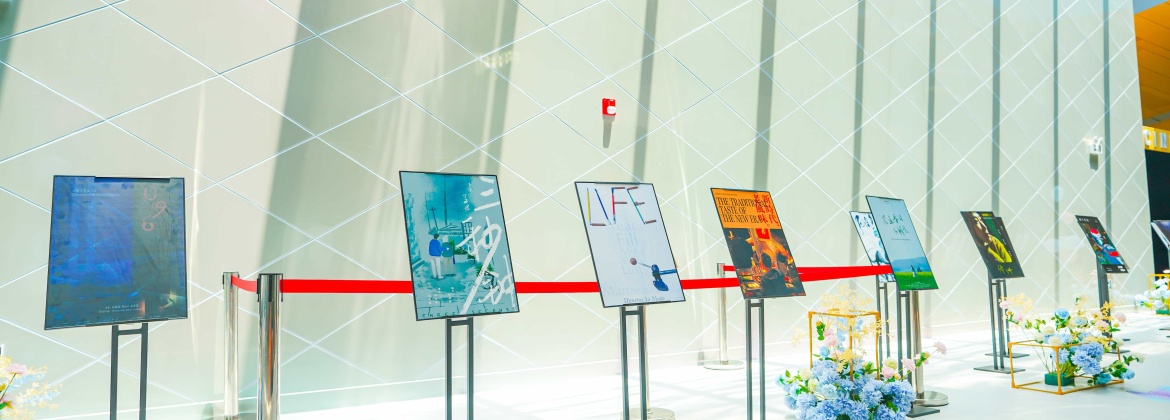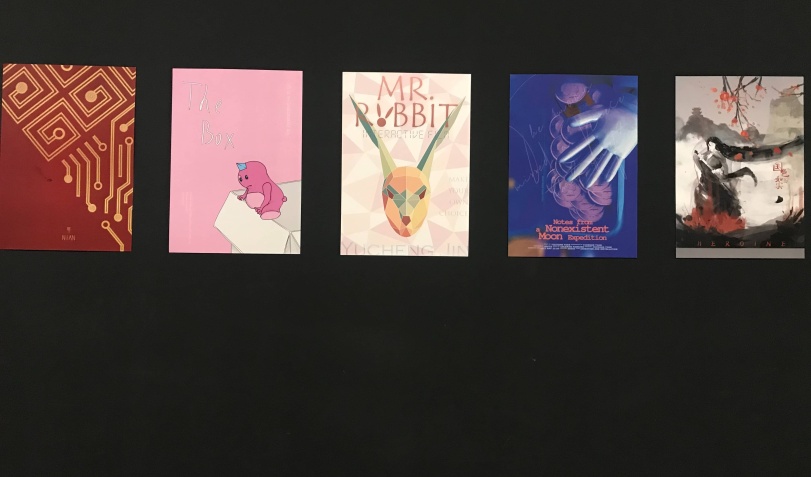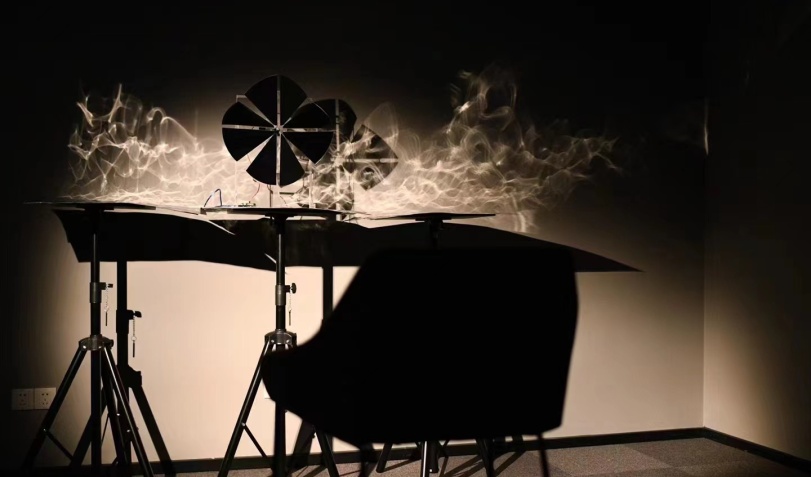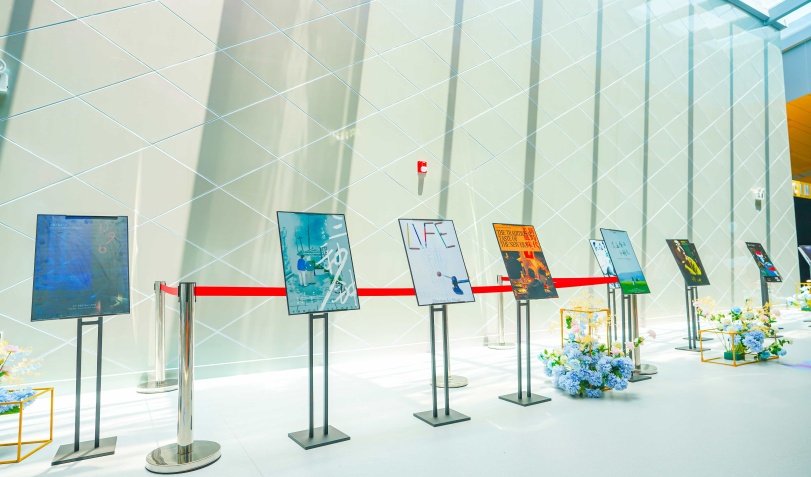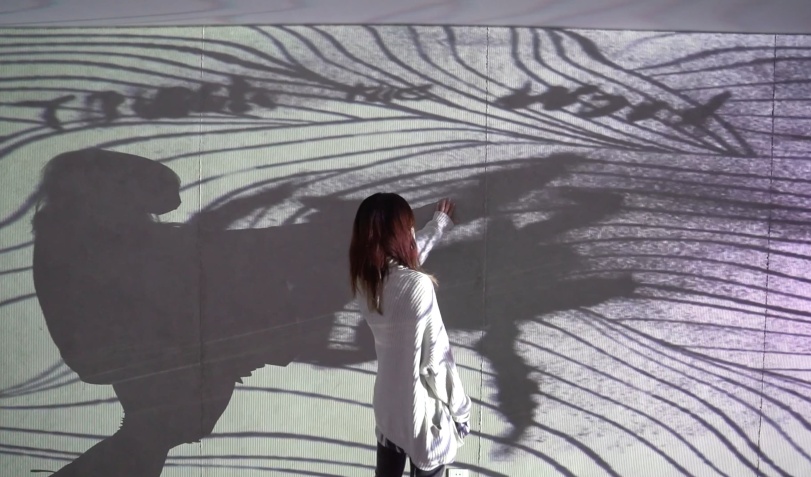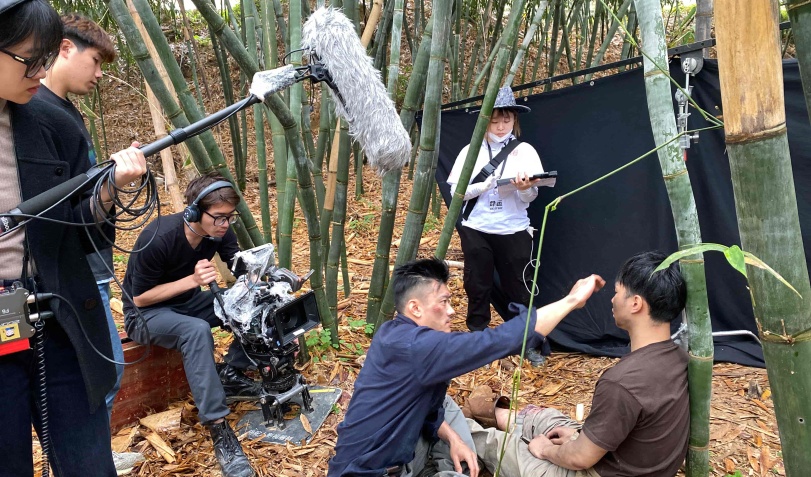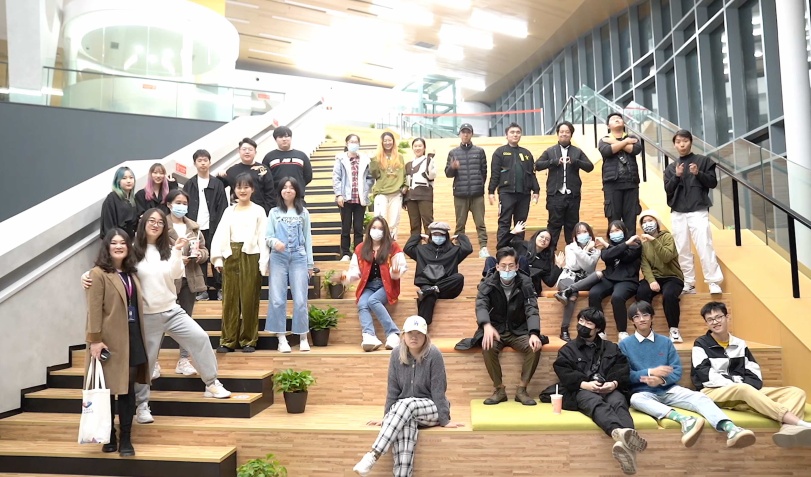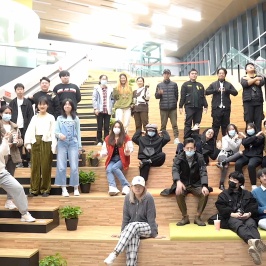Semester 1
- Introduction to Cultural and Creative Industries
- Cultural and Media Policies
- Research Methods for Cultural and Creative industries
- Visual Cultures
Semester 2
- Cultural and Creative Entrepreneurship
- Audience Reception and Perception
- Marketing and Branding for Cultural and Creative Industries
- Intellectual Property for Cultural and Creative Industries
Semester 3
Pathway 1: Content Producing
- Advanced Visual Storytelling Techniques
- Research Design and Planning
- Industrial Practice
Pathway 2: Creative Industries
- Creative and Aesthetics Economy
- Research Design and Planning
- Industrial Practice
Pathway 3: Cultural Industries
- Cultural Engagement in Public Space and Community
- Research Design and Planning
- Industrial Practice
Semester 4
Pathway 1: Content Producing
- Content Producing Research Project
- Distribution Project
Pathway 2: Creative Industries
- Creative Industries Research Project
- Commercialisation Project
Pathway 3: Cultural Industries
- Cultural Industries Research Project
- Dissemination Project

